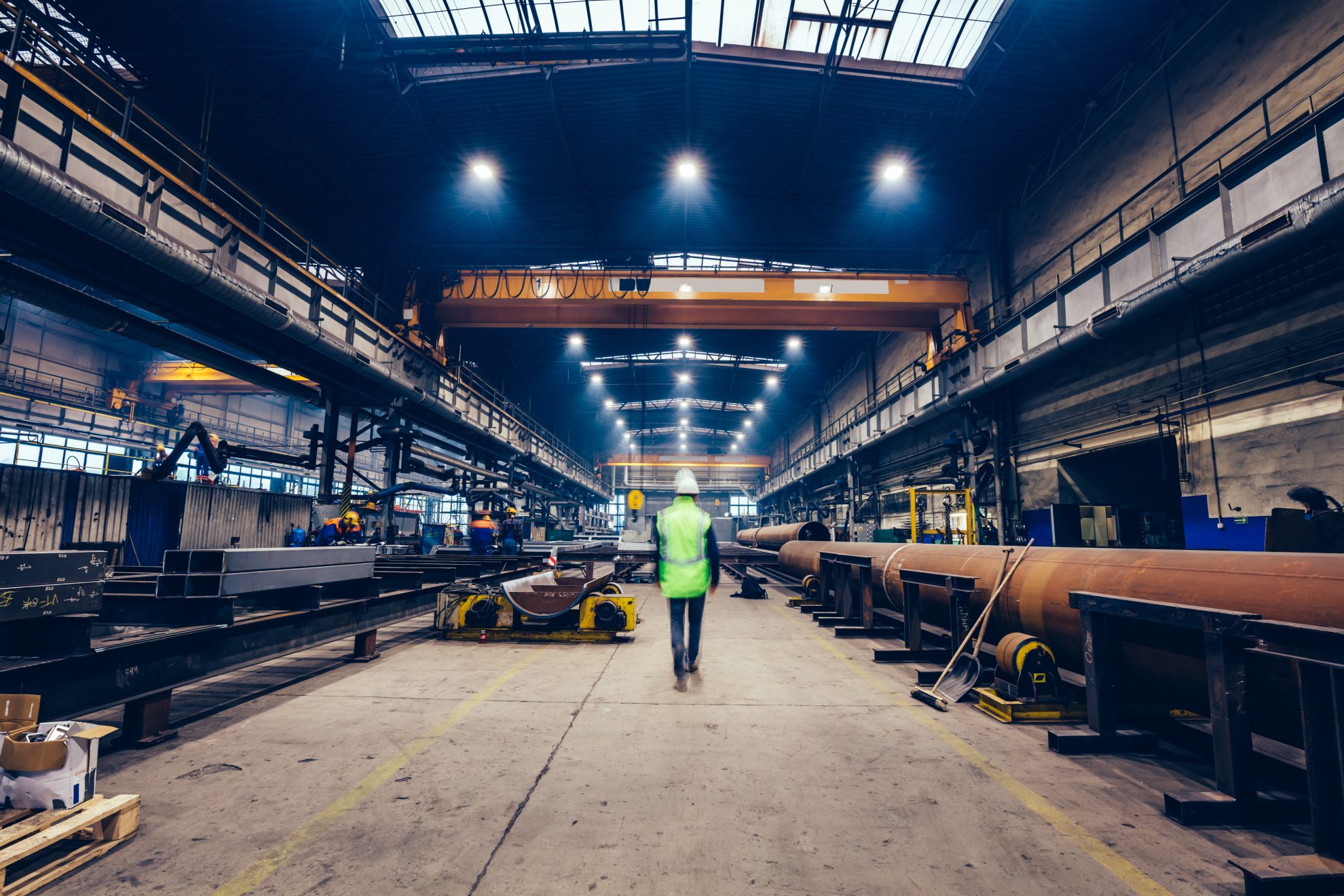




In February 2021, President Joe Biden announced that the Section 232 tariff on imported aluminum would continue, despite lifting tariffs on other imports. This decision was made to support the domestic aluminum industry, which was considered essential for national defense. However, a report by the Congressional Research Office revealed that there was a 9% reduction in U.S. aluminum industry jobs from 2019 to 2020, partly due to higher production costs and competition from cheaper foreign imports. The U.S. price of primary aluminum has been 15% higher than the world price, making the industry noncompetitive [2e4826f1].
In a recent development, the U.S. administration announced a new 25% tariff on Canadian aluminum, which has raised concerns about its impact on both American and Canadian economies. Jean Simard, President of the Aluminium Association of Canada, expressed disappointment, stating that the tariffs would lead to increased prices for American consumers and negatively affect 9,500 Canadian workers along with over 500,000 American manufacturing jobs. The integrated economies of the U.S. and Canada generate over $200 billion in economic output, and the U.S. consumes six times more aluminum than it produces, making these tariffs particularly detrimental to consumers amidst ongoing inflation reduction efforts [f273ea23].
The higher cost of domestic aluminum has also had a negative impact on the agriculture industry, as it is used in farm machinery and equipment, making them more expensive for farmers. This has affected the profitability of farmers and added to the financial burden they face. Additionally, retaliatory tariffs imposed by other countries on U.S. agricultural exports have resulted in significant losses for farmers. The World Trade Organization recently ruled that the U.S. violated international trading rules by imposing tariffs on steel and aluminum imports [2e4826f1].
Farmers argue that while national security is important, the negative impact of the aluminum tariff on the agriculture industry should be considered, and the tariff should be removed. They believe that the tariff has increased input costs and made farm equipment more expensive, further impacting the agriculture industry. Farmers and agricultural lobbyists are calling for the removal of the aluminum tariff to alleviate the financial burden on farmers and support the sustainability of the agriculture industry [2e4826f1].
The Section 232 tariffs on imports of steel and aluminum have had a detrimental impact on the economy. The tariffs raised the cost of production for manufacturers, reducing employment in those industries and raising prices for consumers. A report from the U.S. International Trade Commission found that the tariffs increased the average prices of steel and aluminum by 2.4% and 1.6% respectively, disproportionately hurting downstream industries that use steel and aluminum in their production processes. The tariffs on steel and aluminum have negatively affected American industries and consumers, with downstream industries experiencing an annual $3.4 billion loss in production from 2018 to 2021. Repealing the steel and aluminum tariffs and quotas would boost long-run GDP by 0.02% and create more than 4,000 jobs. Other estimates suggest the job losses from steel and aluminum tariffs were as high as 75,000 [ad172ca1].
Adding to these concerns, former Congressman Charlie Dent emphasized that free trade is crucial for American agriculture, which heavily relies on foreign markets. He warned that unilateral tariffs could jeopardize U.S. agricultural trade, recalling the historical failure of protectionist policies like the Smoot-Hawley Tariff, which led to a significant decline in global trade. Dent noted that tariffs act as taxes on importers, ultimately increasing costs for consumers and harming the economy [c8e0ff38].
In a recent policy brief titled "Aluminum for America" released by the Aluminum Association, key priorities for the incoming administration and Congress were outlined. The brief emphasizes the importance of the U.S. aluminum industry, which generates nearly $228 billion in economic impact and supports nearly 700,000 jobs. The association highlighted the need for strong trade enforcement against unfair practices, improved recycling infrastructure, and recognition of aluminum's critical role in economic and national security. Notably, the U.S. aluminum industry has invested over $10 billion in processing and recycling capacity over the last decade, and demand for aluminum increased by 5.2% year-over-year in North America during the first half of 2024. However, the industry faces challenges from approximately $60 billion in subsidies to Chinese firms [558dd57d].
In light of these developments, the mining industry has raised concerns over the potential impacts of U.S. tariffs on Canadian goods, particularly following a delay in the implementation of tariffs that were originally set for February 4, 2025. These tariffs would have imposed a 25% duty on Canadian aluminum and a 10% duty on energy exports. The Canadian government had planned $30 billion in retaliatory tariffs in response. Pierre Gratton of the Mining Association of Canada warned that tariffs could disrupt mineral supply chains, especially since 52% of Canada's $80 billion mineral exports went to the U.S. in 2022. The U.S. imports two-thirds of its primary aluminum from Canada, making these tariffs a significant concern for both economies [5119c946].
The Aluminum Association of Canada, which includes major players like Alcoa, Aluminerie Alouette, and Rio Tinto, has echoed these concerns. The United Steelworkers have called for targeted tariffs instead of broad actions, while the Pathways Alliance criticized the tariffs for harming both economies. Meanwhile, companies like Taseko Mines are focusing on Asian markets to mitigate the potential impacts of U.S. tariffs, as Premier David Eby noted a shift to alternative markets [5119c946].
The detrimental impact of the aluminum tariffs on farmers and the agriculture industry highlights the need for a comprehensive review of trade policies. While national security is important, the negative consequences on other industries and the overall economy should be carefully considered. The removal of the aluminum tariff would alleviate the financial burden on farmers and support the sustainability of the agriculture industry, while the repeal of the steel and aluminum tariffs would have positive effects on the economy as a whole [2e4826f1] [ad172ca1].